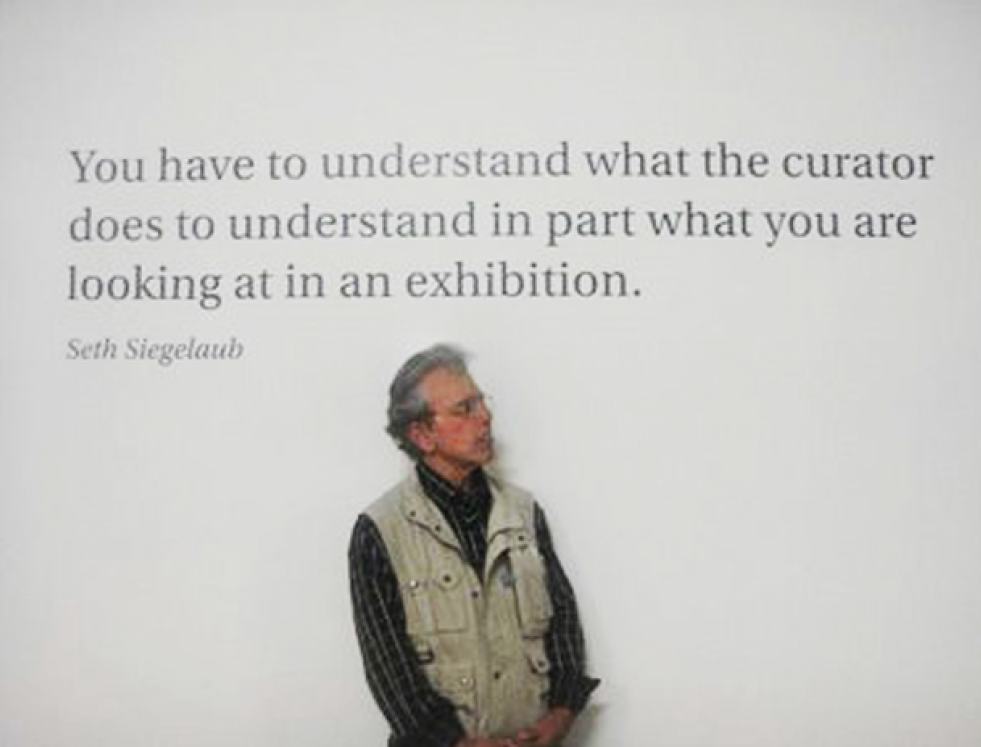About Egress Foundation
The collector and impresario Seth Siegelaub was a dealer and curator who was a key mover in conceptual art in the 1960s and 70s. He died in 2013 yet his legacy continues through the Egress Foundation in Amsterdam.

Seth Siegelaub
Seth Siegelaub was born in the Bronx, New York in 1941 and grew up in New York City. He has been active as art dealer, publisher and independent art exhibition organizer, political researcher and publisher, and textile bibliographer and collector, and most recently, a researcher studying the theories of time and causality in physics.
After working at the Sculpture Center (New York) in the early 1960s, he opened his own gallery, Seth Siegelaub Contemporary Art, in the Fall 1964 which briefly existed through Spring 1966. Later in 1966, he evolved into a private dealer working closely on projects with the artists Carl Andre, Robert Barry, Douglas Huebler, Joseph Kosuth and Lawrence Weiner.
Towards the late 1960s, as part of the politicization of the art world he became active in anti-war activities in the art community as part of the growing mobilization against the U.S. war against Vietnam, including in July 1971 a fund-raising collection catalogue for the United States Serviceman Fund, an organization set up to promote free speech within the U.S. military, and which was especially engaged in anti-Vietnam War activity by means of the funding and support of G.I. newspapers and cultural actions. This activity led to his increasing involvement in the political aspects of art and in 1971, he originated, and then drafted with lawyer Robert Projansky, what is known as the “Artist's Contract”, The Artist's Reserved Rights Transfer and Sale Agreement, which defined and attempted to protect the rights and interests of the artist as their work circulated within the art world system.
In 1972, he left the art world to pursue other interests in France. In 1973-1974 he edited and published the first issue of the Marxism and Mass Media bibliographic series and began publishing left books on communication and culture, including the classic study on cultural imperialism How to Read Donald Duck: Imperialist Ideology in the Disney Comic by Ariel Dorfman and Armand Mattelart and founded the International Mass Media Research Center [IMMRC].
From 1979 to 1983, he worked with Armand Mattelart on the 2-volume anthology, Communication and Class Struggle, a basic wide-ranging compilation of 128 left and progressive texts on the history and practice of communication and culture.
Since the mid-1980s, he has been involved with research on the production of popular culture, especially concerning the social history of handwoven textiles throughout the world. In 1986 he founded the Center for Social Research on Old Textiles [CSROT], and in 1997 he edited and published the Bibliographica Textilia Historiae, the first general bibliography on the history of textiles.